Content
Free Mental Health Assessment
Monoamine Oxidase Inhibitors (MAOIs) List

Reviewed by Daniel Z. Lieberman, MD
Written by Geoffrey C. Whittaker
Published 10/31/2022
Updated 11/15/2023
Monoamine oxidase inhibitors (MAOIs) have a long and prosperous history as medications for major depressive disorder (MDD). But this type of antidepressant has mostly seen its day.
Though MAOIs are effective at treating depression, they’re more likely to cause severe side effects and interactions than newer antidepressants.
Today, MAOIs are only prescribed in certain circumstances — like when other meds just aren’t doing the trick. If your healthcare provider has recommended an MAOI, it’s probably because you’re struggling with the side effects or failing to see results from an SSRI (selective serotonin reuptake inhibitor) or another type of medication.
Concerned about the switch? Wondering what to expect? We got you.
Below, we’ll explain what MAOIs are and how they work to treat depression, panic disorder and other conditions. We’ll also list some of the most common MAOI medications, the risks and side effects associated with MAOIs, drug interactions you should be aware of, how long they take to work and how to use them safely.
Let’s get started.
Content
What Are MAOIs?
The first MAOI medications were introduced in the 1950s and were widely prescribed for depression and other conditions. In addition to depression, some MAOIs were prescribed to treat social phobia, panic disorder, treatment-resistant depression and depression with certain features (like overeating and oversleeping).
MAOIs are also used to treat other health conditions like Parkinson’s disease.
Like other antidepressants (including tricyclic antidepressants and serotonergic medications), MAOIs work by changing the levels of certain neurotransmitters that circulate throughout your brain and body.
Neurotransmitters are chemicals that deliver messages to and from nerve cells, allowing these cells to communicate with each other. They’re responsible for a wide range of functions in your body, from forming and storing memories to regulating your heart and other organs.
Some neurotransmitters play a role in regulating your moods, motivation and mental state. Low levels of certain neurotransmitters, such as serotonin, dopamine and norepinephrine, are linked to depression.
MAOIs change the level of neurotransmitters, including serotonin, dopamine and norepinephrine, as well as the neurotransmitter tyramine. They do this by blocking an enzyme called monoamine oxidase, which is responsible for breaking down those neurotransmitters.
By blocking the effects of monoamine oxidase, MAOIs raise the levels of these neurotransmitters allowing them to continue working on the cells affected by depression. This can help improve the symptoms of depression and, for many people, assist in long-term recovery.
MAOIs are effective. But over the last few decades, the use of MAOIs has declined in favor of newer antidepressants.
Today, newer classes of antidepressants, such as selective serotonin reuptake inhibitors, have become the standard first-line treatment of depression — with MAOIs only rarely prescribed to people with depression.
Their high risk of causing side effects means people who use them often need to make lifestyle changes to reduce the chance of experiencing interactions, such as avoiding certain foods and medications.
Another problem? The dosing.
Depending on the specific MAOI you’re prescribed, you’ll typically need to take your medication one to four times a day. For example, Nardil, a popular brand of phenelzine, is typically taken at a starting dosage of one tablet (15 milligrams) three times daily.
Follow the instructions from your healthcare provider, and only take your medication exactly as prescribed. Some MAOIs, like selegiline (Emsam, specifically), are sold as transdermal patches. You’ll need to apply this type of medication to your skin as instructed by your healthcare provider.
It may take several weeks before you start to notice the effects of your medication. If you think your antidepressant medication isn’t working the way it should, don’t adjust your dosage or stop taking it on your own — instead, talk to your healthcare provider.
Like other antidepressants, MAOIs can often take several weeks to start working. For example, it can take four weeks or longer before you begin to notice the full benefits of phenelzine, one of several commonly used monoamine oxidase inhibitors.
List of MAO Inhibitors
Several monoamine oxidase inhibitors (MAOIs) are available, though not all are still in use as antidepressants, according to the U.S. Food and Drug Administration (FDA).
Here are some of the current FDA-approved MAOIs for treating depression:
Phenelzine. Sold under the brand name Nardil®, phenelzine is prescribed to treat depression and anxiety disorders.
Isocarboxazid. Sold under the brand name Marplan®, isocarboxazid is prescribed to treat depression and anxiety disorders.
Tranylcypromine. Sold under the brand name Parnate®, tranylcypromine is prescribed to treat depression (specifically major depressive disorder) and anxiety disorders.
Selegiline. Sold under the brand name Emsam®, selegiline is prescribed to treat depression. Also sold under the brand names Zelapar® and Eldepryl®, selegiline is also approved by the FDA as an adjunct treatment for Parkinson’s disease.
Compared to newer antidepressants, such as SSRIs and SNRIs, MAOIs are more likely to cause certain side effects and interactions.
Side effects of MAOIs include the following:
Dizziness
Headache
Drowsiness
Sleep disturbances, including insomnia (difficulty sleeping) and hypersomnia (excessive daytime sleepiness)
Fatigue
Weakness
Tremors
Twitching
Myoclonic movements (sudden, involuntary jerking of muscles)
Hyperreflexia (overactive or overly responsive reflexes)
Constipation
Dry mouth
Gastrointestinal disturbances
Elevated levels of liver enzymes
Weight gain
Postural hypotension (drop in blood pressure upon standing)
Edema (swelling)
Sexual disturbances, such as difficulty ejaculating, erectile dysfunction and anorgasmia
Unfortunately, one of the downsides of MAOIs is that they interact with other medications, as well as certain foods and beverages. If you’re prescribed any type of MAOI, it’s important to be aware of the following safety issues:
Drug interactions. MAOIs can interact with other medications, including other types of antidepressants, as well as some pain and allergy medications and even herbal supplements. Some drug interactions involving MAOIs can be severe and potentially fatal. If you’re prescribed an MAOI, check with your healthcare provider before using any other prescription or over-the-counter medications, supplements or herbal products.
Food interactions. MAOIs can interact with foods containing tyramine and cause a dangerous increase in blood pressure (more on that later). You’ll need to avoid certain foods while using this type of medication. Your healthcare provider will provide a list of foods to avoid while using any type of MAOI to treat depression or another condition.
Drink interactions. MAOIs can interact with certain drinks, such as beer, some types of wine and others that contain high levels of tyramine. Talk to your healthcare provider about which drinks are safe and which should be avoided while using this type of medication. Drinking alcohol with MAOIs is not recommended. FDA labels for Nardil, Marplan® and Parnate® warn against using alcohol with MAOIs, as it can increase your risk of side effects.
Pregnancy. Some antidepressants, including MAOIs, may be unsafe for women who are pregnant or breastfeeding. If your partner currently uses antidepressants, make sure they talk to their healthcare provider about safety during pregnancy and breastfeeding.
Weight gain. Antidepressants are commonly associated with weight gain. Though the link is smaller than many people think, some antidepressants, including TCAs and MAOIs, may cause a small amount of weight gain over the long term.
Serotonin syndrome. Although uncommon, MAOIs can cause serotonin syndrome when used with other medications or supplements that affect the level of serotonin in the body. If you’re currently prescribed an MAOI or another antidepressant, check with your healthcare provider before using other medications, herbal products or supplements.
Black box warning. As with other antidepressants, MAOIs carry a “black box” warning from the FDA about an increased risk of suicidal thoughts or behaviors in children, teenagers and young adults.
Withdrawal symptoms and discontinuation syndrome. Like other antidepressants, stopping MAOIs abruptly (aka discontinuation) may lead to withdrawal symptoms.
What to Know About MAOI Food Interactions
One of the key features of MAOIs is that they prevent your body from breaking down tyramine — a naturally occurring trace amine found in certain foods and drinks.
If you’re prescribed an MAOI, consuming foods or drinks containing tyramine may cause you to develop an excessively high serum tyramine concentration. Tyramine toxicity can cause a sudden life-threatening increase in blood pressure. High blood pressure is dangerous and, in some cases, even deadly.
To use an MAOI safely, your healthcare provider will tell you to avoid foods that contain large amounts of tyramine. Make sure not to consume the following foods or drinks when taking any type of MAOI medication:
Cheese. Many cheeses contain tyramine. Avoid eating cheese while you’re prescribed any type of MAOI medication. Cheeses with a strong taste and aged cheeses are usually the highest in tyramine and most likely to interact with MAOIs. Unaged cheeses made with pasteurized milk may be safe to consume, but check with your healthcare provider first.
Dried, cured, smoked or processed meats. Avoid any meats treated with salt and nitrate, like salami, as well as smoked or processed meats. Any meats prepared using tenderizers should also be avoided.
Dried and overripe fruits. This includes prunes and raisins, as well as overripe avocados and bananas.
Fermented or pickled foods. Things like sauerkraut, pickles, kimchi and tofu should generally be avoided.
Various sauces. Fish sauce, miso, teriyaki sauce, soy sauce and shrimp sauce could interact with MAOI medication.
Yeast. Spreads and breads containing yeast extract, such as brewer’s yeast, marmite and sourdough bread, should be avoided.
Alcoholic drinks. This includes red wine, fortified wine, beer and certain liqueurs.
Soy products and soybeans.
Broad beans (fava beans) and snow peas.
Spoiled foods.
If you’re prescribed an MAOI, ask your healthcare provider for a full list of foods to avoid while taking the medication. Clinicians and other healthcare providers can also offer guidance on what to do if you accidentally consume an unsafe food or drink.
MAO Inhibitors: Final Takeaways
MAOIs are a potentially useful class of drugs if you’re struggling to find the right fit. The only problem is they’re going to bring along some extra…problems.
It’s hard to weigh the pros and cons for you. Instead, here’s a cheat sheet to help you make the right choice for your unique situation.
Your healthcare provider may prescribe an MAOI if other antidepressants haven’t helped treat your depression.
Today, MAOIs are rarely prescribed as a treatment for depression. Most cases of depression are now treated with SSRIs or SNRIs, which are effective and less likely to produce side effects.
MAOI use has declined over the last few decades as newer antidepressant classes have become available. This is largely due to their high risk of side effects and the interactions associated with MAOI use.
Adverse effects can come from a number of places, including contraindicated medications and foods. As such, you may need to take on dietary restrictions while on MAOIs to avoid a hypertensive crisis.
If you no longer want to use an MAOI to treat depression or feel like you don’t need medication anymore, talk to your healthcare provider before making any changes.
Your healthcare provider may advise you to reduce your dosage gradually over time to avoid or minimize any withdrawal-related side effects.
Have other questions? We can help. Our blog covers the depression and anxiety questions most people have. And our full antidepressants list gives a great breakdown of the complete field of depression medications and the most common antidepressants.
If you’re tired of living with depression, we can help with that too. Our online psychiatry and other mental health services can help you chart a path to relief — with or without MAOIs. Get started today.
15 Sources
Hims & Hers has strict sourcing guidelines to ensure our content is accurate and current. We rely on peer-reviewed studies, academic research institutions, and medical associations. We strive to use primary sources and refrain from using tertiary references.
- Garcia E, Santos C. Monoamine Oxidase Inhibitor Toxicity. [Updated 2022 Jul 18]. In: StatPearls [Internet]. Treasure Island (FL): StatPearls Publishing; 2023 Jan-. Available from: https://www.ncbi.nlm.nih.gov/books/NBK459386/.
- Sheffler ZM, Reddy V, Pillarisetty LS. Physiology, Neurotransmitters. [Updated 2023 May 1]. In: StatPearls [Internet]. Treasure Island (FL): StatPearls Publishing; 2023 Jan-. Available from: https://www.ncbi.nlm.nih.gov/books/NBK539894/.
- Rapaport M. H. (2007). Dietary restrictions and drug interactions with monoamine oxidase inhibitors: the state of the art. The Journal of clinical psychiatry, 68 Suppl 8, 42–46. https://www.psychiatrist.com/jcp/psychopharmacology/dietary-restrictions-drug-interactions-monoamine-oxidase-ingibitors-state-art-maoi/.
- Nardil - Food and Drug Administration. (n.d.-l). https://www.accessdata.fda.gov/drugsatfda_docs/label/2007/011909s038lbl.pdf.
- Highlights of prescribing information: EMSAM® (selegiline transdermal system) . (n.d.-c). https://www.accessdata.fda.gov/drugsatfda_docs/label/2014/021336s005s010,021708s000lbl.pdf.
- Marplan: brand of isocarboxazid . (n.d.-l). https://www.accessdata.fda.gov/drugsatfda_docs/label/2007/011961s039lbl.pdf.
- HIGHLIGHTS OF PRESCRIBING INFORMATION: PARNATE® (tranylcypromine) tablets, for oral use. (n.d.-d). https://www.accessdata.fda.gov/drugsatfda_docs/label/2018/012342s064lbl.pdf.
- Highlights of prescribing information: EMSAM® (selegiline transdermal system) . (n.d.-c). https://www.accessdata.fda.gov/drugsatfda_docs/label/2014/021336s005s010,021708s000lbl.pdf.
- Sub Laban T, Saadabadi A. (2022). Monoamine Oxidase Inhibitors (MAOI). Treasure Island (FL): StatPearls Publishing. https://www.ncbi.nlm.nih.gov/books/NBK539848/
- Parikh N, Yilanli M, Saadabadi A. (2022). Tranylcypromine. Treasure Island (FL): StatPearls Publishing. https://www.ncbi.nlm.nih.gov/books/NBK459162/
- U.S. Food and Drug Administration (FDA). Highlight of Prescribing Information: ZELAPAR (selegiline hydrochloride) ORALLY DISINTEGRATING TABLETS. https://www.accessdata.fda.gov/drugsatfda_docs/label/2014/021479s005lbl.pdf
- U.S. Food and Drug Administration (FDA). ELDEPRYL® (SELEGILINE HYDROCHLORIDE) CAPSULES. https://www.accessdata.fda.gov/drugsatfda_docs/label/2008/020647s006s007lbl.pdf
- Sabri MA, Saber-Ayad MM. (2023). MAO Inhibitors. Treasure Island (FL): StatPearls Publishing. https://www.ncbi.nlm.nih.gov/books/NBK557395/
- Sidhu G, Marwaha R. Phenelzine. (2023). Treasure Island (FL): StatPearls Publishing. https://www.ncbi.nlm.nih.gov/books/NBK554508/
- Deshmukh R and Franco K. (2003). Managing weight gain as a side effect of antidepressant therapy. Cleveland Clinic Journal of Medicine. https://www.ccjm.org/content/ccjom/70/7/314.full.pdf
This article is for informational purposes only and does not constitute medical advice. The information contained herein is not a substitute for and should never be relied upon for professional medical advice. Always talk to your doctor about the risks and benefits of any treatment. Learn more about our editorial standards here.
Daniel Z. Lieberman, MD
Education
Doctor of Medicine - New York University Grossman School of Medicine, 1992
Bachelor of Arts - St. John’s College, 1985
Training
Internship & Residency - New York University Grossman School of Medicine, 1996
Medical Licenses
District of Columbia, 1996
Maryland, 2022
Virginia, 2022
Board Certifications
American Board of Psychiatry and Neurology, Psychiatry, 1997
American Board of Psychiatry and Neurology, Addiction Psychiatry, 1998
Other Certificates & Certifications
Stanford Online, AI in Healthcare Specialization Certificate, 2025
Stanford Online, Machine Learning Specialization Certificate, 2024
Affiliations & Memberships
Specialties & Areas of Focus
Mental Health
Years of Experience
33
Previous Work Experience
Professor and Vice Chair - Department of Psychiatry and Behavioral Sciences, George Washington University, 1996–2022
Publications & Research
Title: A neurotransmitter approach to the trolley problem
Published in: OBM Neurobiology
Date: 2019
URL: https://www.lidsen.com/journals/neurobiology/neurobiology-03-02-030
Title: An automated internet application to help patients with bipolar disorder track social rhythm stabilization
Published in: Psychiatric Services
Date: 2011
URL: https://psychiatryonline.org/doi/10.1176/ps.62.11.pss6211_1267
Title: Enhancing adherence to mood charting with an online version of the NIMH Life Chart
Published in: Annals of General Psychiatry
Date: 2010
URL: https://annals-general-psychiatry.biomedcentral.com/articles/10.1186/1744-859X-9-S1-S11
Title: The role of gender in single versus married patients with bipolar disorder
Published in: Comprehensive Psychiatry
Date: 2010
URL: https://www.sciencedirect.com/science/article/abs/pii/S0010440X0900128X
Title: Evaluation of the stability and validity of participant samples recruited over the Internet
Published in: CyberPsychology and Behavior
Date: 2008
Title: Pathways to change: The effect of a Web application on treatment interest
Published in: The American Journal on Addictions
Date: 2008
URL: https://onlinelibrary.wiley.com/doi/10.1080/10550490802138525
Media Mentions & Features
Washington Post, Why do passengers freak out on airplanes? Science might have the answer.
Associated Press, MillerCoors Tapping Into Millenials
The Washington Post, Holiday drinking can be hard on your health, but you can take precautions
Le Figaro (France), Daniel Z. Lieberman: «La dopamine nous pousse à acheter en nous promettant le bonheur» (Daniel Z. Lieberman: “Dopamine drives us to buy by promising us happiness”)
Men’s Health (Spain), Cómo la dopamina influye en nuestro cerebro y determina nuestra vida (How dopamine influences our brain and determines our lives).
CNBC, The psychological reason it’s so hard to work today after the riot — and how to cope
Business Insider, The reason why we self-sabotage is because our brains are wired to resist the things we want most in life
U.S. News & World Report, How Your Secrets Can Damage and Maybe Even Kill You
Why I Practice Medicine
I practice medicine because I believe that mental health is the foundation of a meaningful life. When people suffer psychologically, it touches every part of their existence—from relationships to work to the simple ability to feel joy. Because it can be so difficult for people who are suffering to find good mental health care, my mission has been to expand access through technology, so that no one is left behind.
Hobbies & Interests
I like to write in my spare time. I’ve written two nonfiction titles, Spellbound: Modern Science, Ancient Magic, and the Hidden Potential of the Unconscious Mind and the international bestseller, The Molecule of More: How a Single Chemical in Your Brain Drives Love, Sex, and Creativity--and Will Determine the Fate of the Human Race
Professional Website or Profile
danielzlieberman.com
Related Articles
Related Conditions
 Anxiety
Anxiety
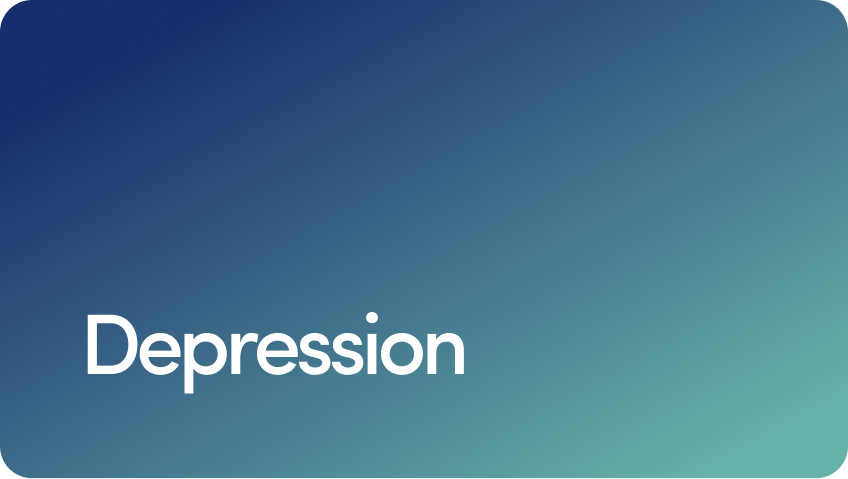 Depression
Depression
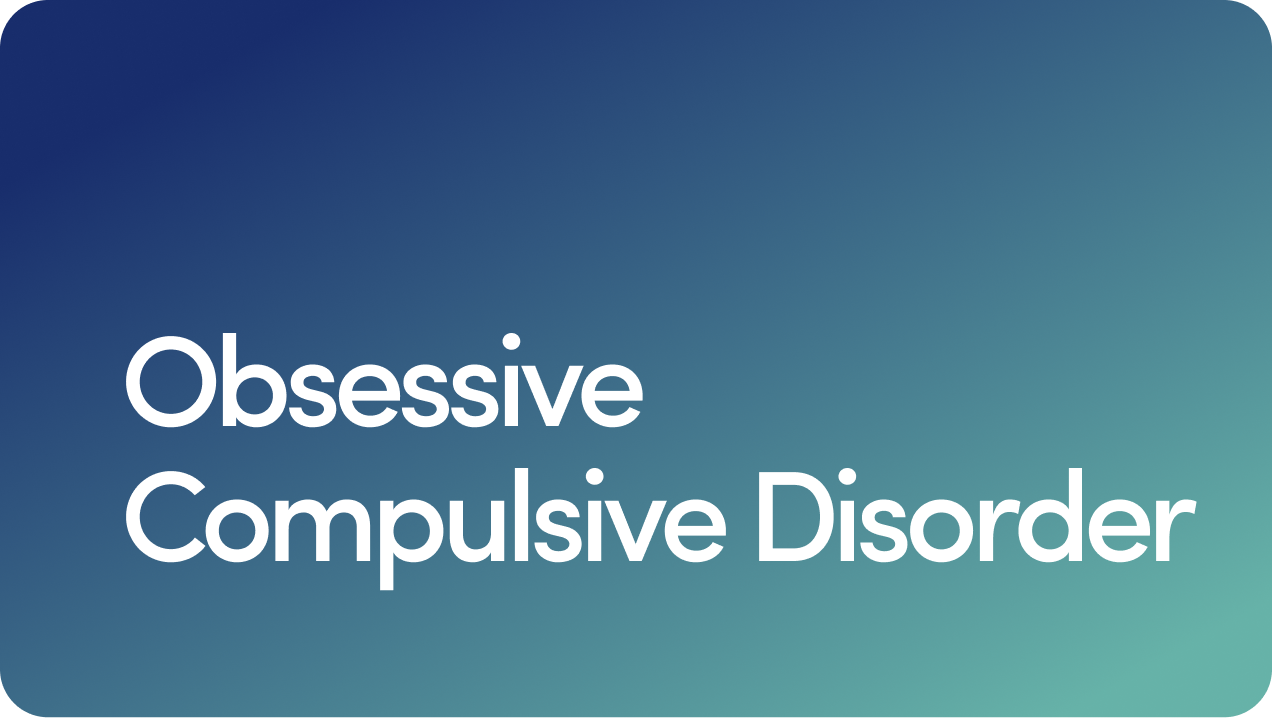 OCD
OCD
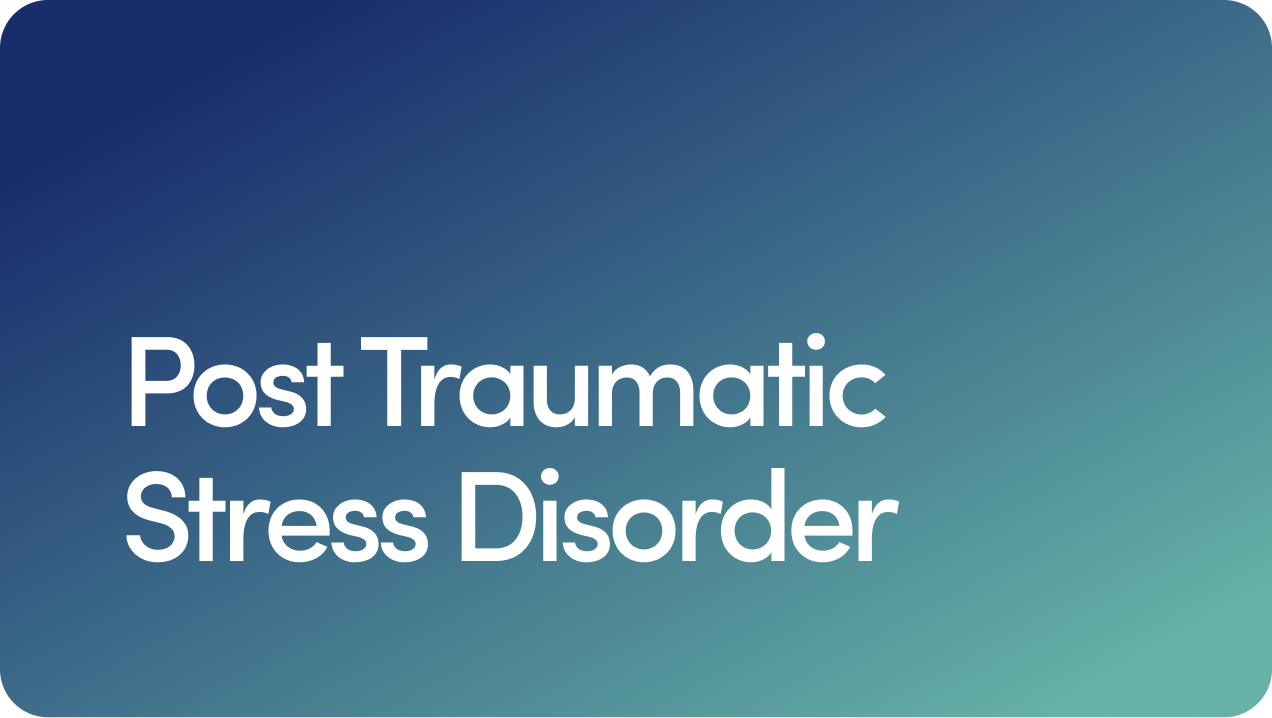 PTSD
PTSD
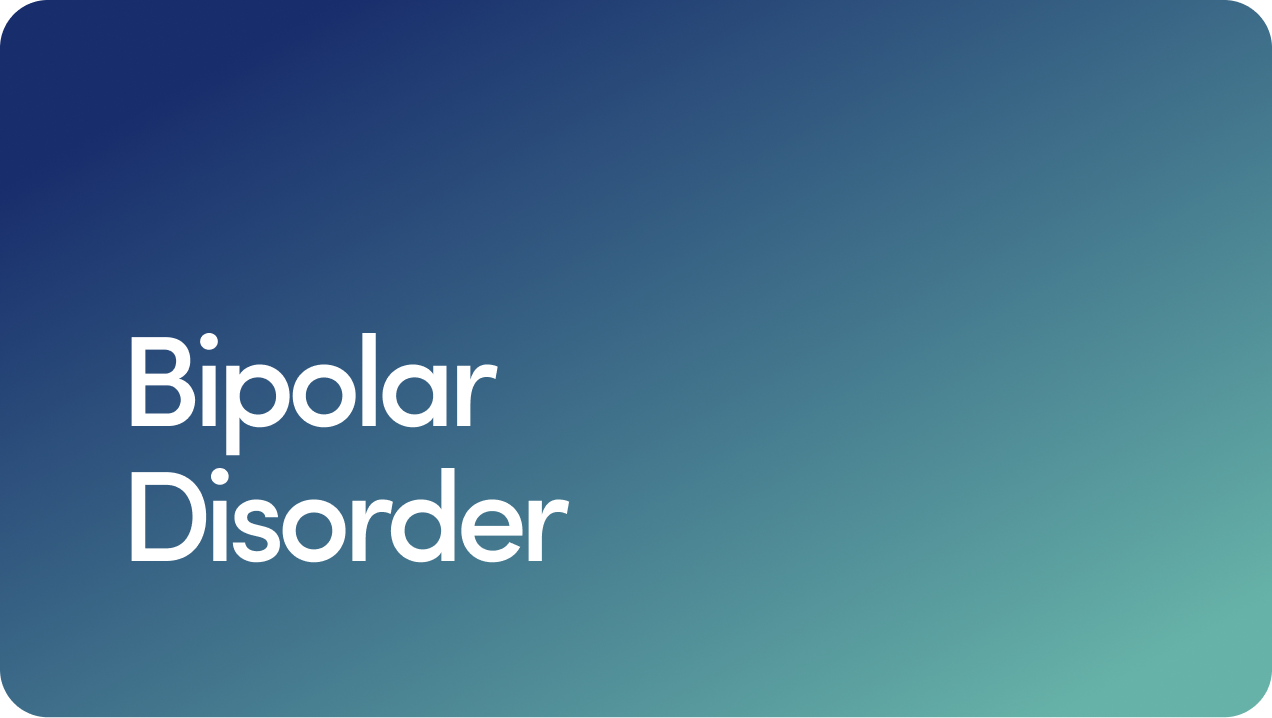 Bipolar Disorder
Bipolar Disorder
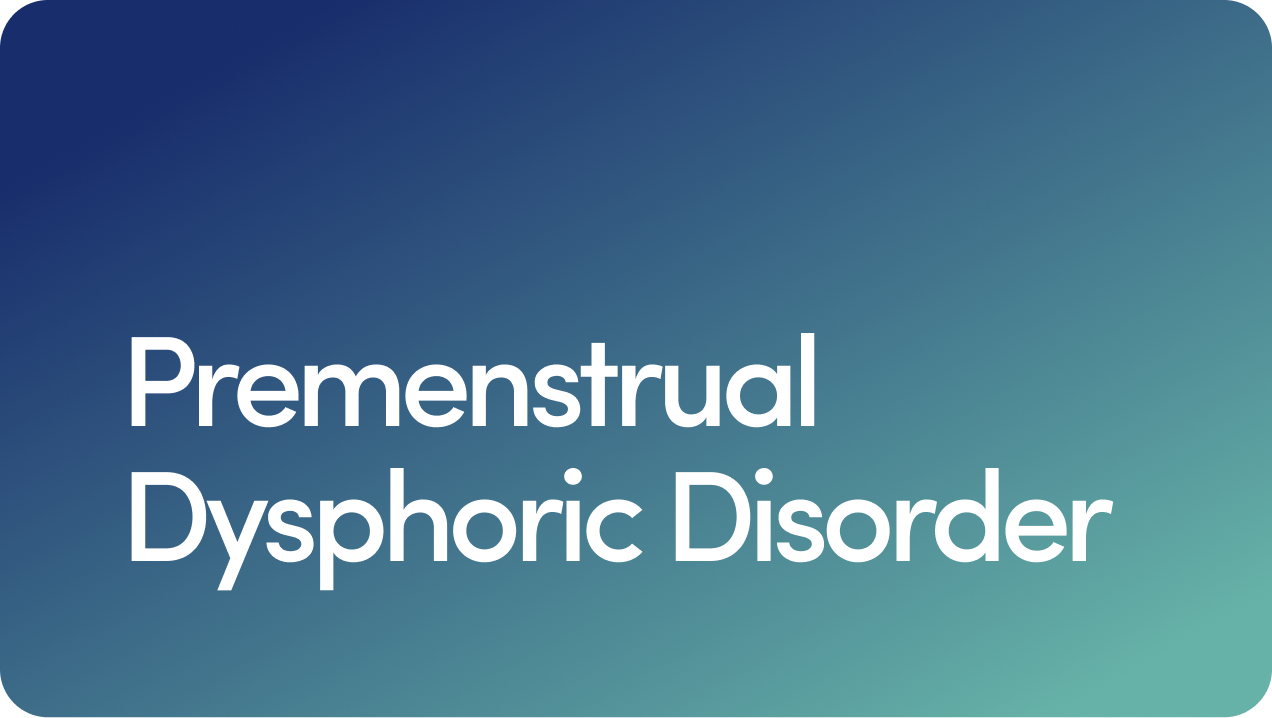 Premenstrual Dysphoric Disorder
Premenstrual Dysphoric Disorder